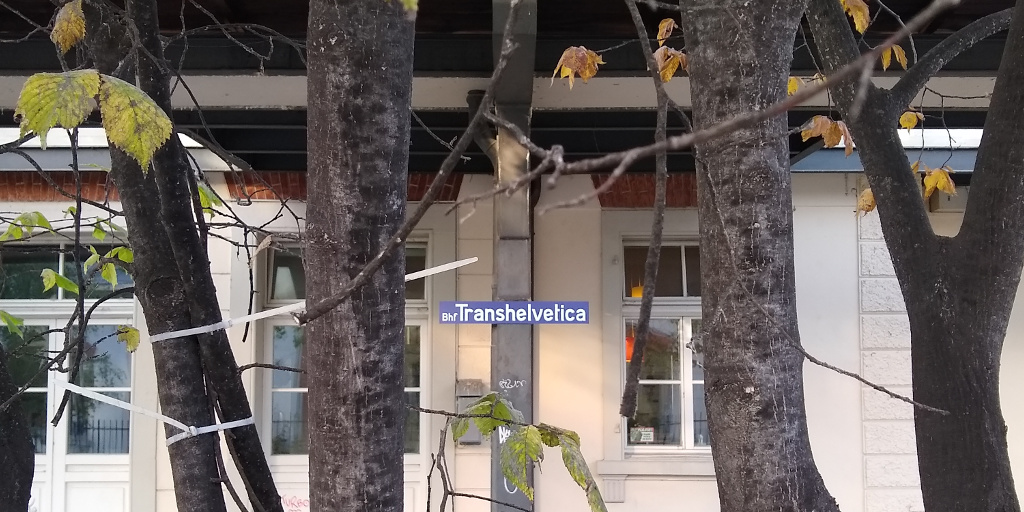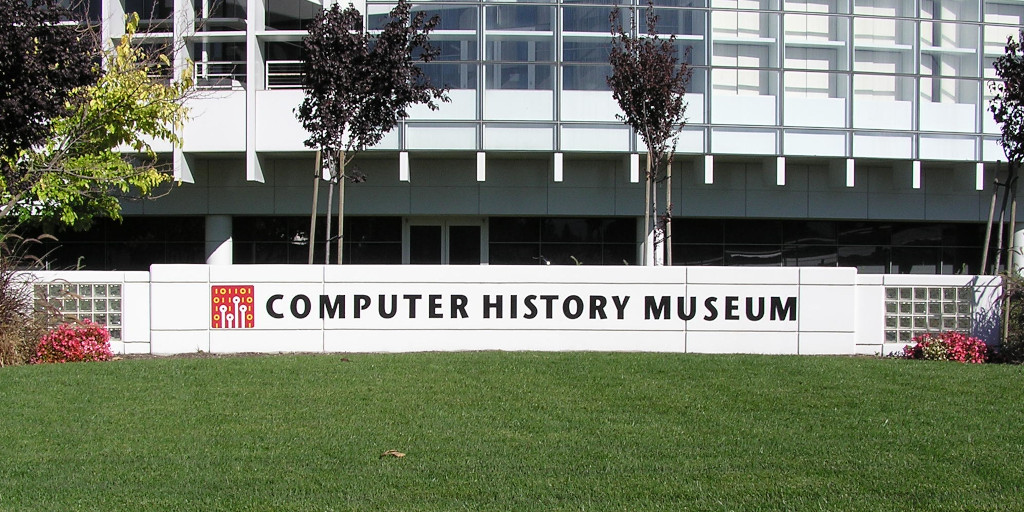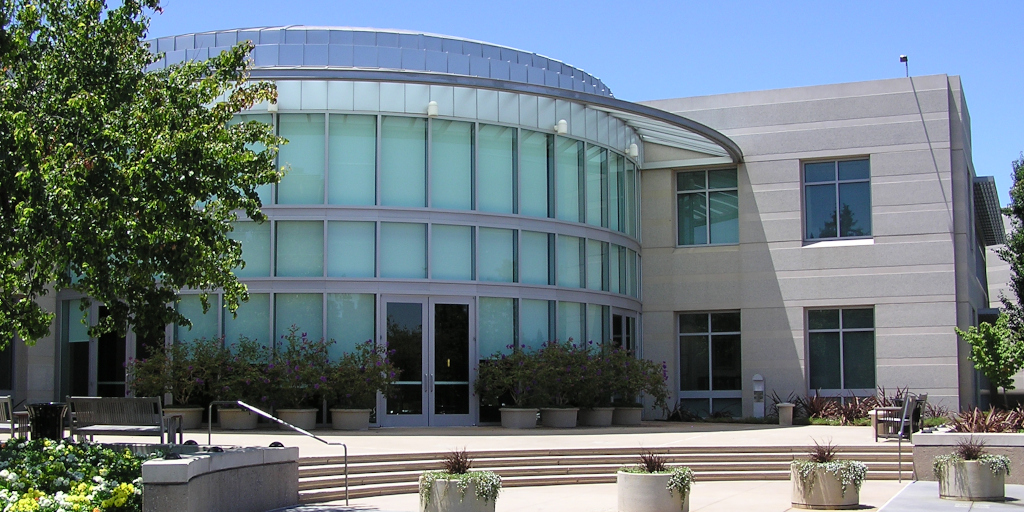Author: Dirk Riehle
-

The life-cycle of open source program offices
Open source program offices (OSPOs) have a life-cycle. Most companies start out with tasking one employee, part-time, “to take care of open source”. This person will typically try to help product and project teams get license compliance right. As a side-job, this person can’t achieve much and is likely to get quickly overwhelmed by the…
-

Open digital safety (McGregor, IEEE Computer)
I’m happy to report that the 28th article in the open source column of IEEE Computer has been published. Title Open digital safety Keywords Digital Systems, Safety, Digital Safety, Training Data, Open Source, Digital Technologies, Traffic Accidents, Safety Data, Open Data, Safety Culture, Defamation, Event Organizers, Data For Model Training, Tech Companies, Open Movement, Open…
-

Interview on open source and security with DLF Kultur (in German)
I had a ten minute interview with the enjoyably competent Marcus Richter and Hagen Terschüren of DLF Kultur last week. It aired as part of the Breitband show on Saturday April 6th. Our topic was open source infrastructure, security challenges to it, and whether the state needs to step up. It is available as XZ-Backdoor:…
-

What now, open source infrastructure startups?
It took exactly eight days for the Linux Foundation to announce they’ll be hosting a fork of the last open source version of the popular Redis key value store after its owner announced a license change to the SSPLv1, a source-available (non-open-source) license. The fork is well supported by industry heavyweights, and it appears industry…
-

How open source licenses increase or curtail reach of the software
Relicensing from a permissive to a copyleft license curtails the potential reach of the open-source software, while relicensing from a copyleft to a permissive license increases its potential reach. In the abstract, this is easy to see: Having less requirements on the use of the software allows more uses and hence increases reach. The confusion,…
-

What about skipping the “open source” part in commercial open source?
GitButler, a budding better git client, just announced that it is making its source code available under the Functional Source License (FSL), a source-available/non-compete license. In a tweet, GitButler states that this is open-source software. Previous attempts at calling competition-curbing licenses open source licenses failed, and I expect it won’t be different here. What’s new…



